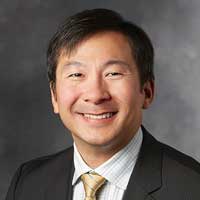
Scientists have successfully restored balance in mice using a technique they say could potentially be applied to humans in the future.
There is currently no effective treatment for dizziness and balance problems due to damaged or lost vestibular hair cells in the inner ear, a common problem in elderly adults. These cells help to maintain balance and spatial orientation and once gone, they do not regrow effectively. But for the first time in mature mammals, researchers at Stanford University have found a way to regenerate these cells in the inner ears of mice.
Using a technique that allowed them to manipulate a factor that regulates hair cell formation, they were able to fully regrow the cells in 70% of the mice, and about 70% of those mice recovered their ability to maintain balance.
While more studies need to be done, the finding is a breakthrough, the researchers said. “This is very exciting. It’s an important first step to find treatment for vestibular disorders. We couldn’t get sufficient regeneration to recover function before,” reported otolaryngologist Alan Cheng, M.D.
Vestibular hair cells can be damaged by aging, certain antibiotics, infections or genetic disorders. People with damaged vestibular cells can feel as if they’re spinning, lose their balance easily, experience nausea and have trouble visually tracking objects. Physical therapy is the only available treatment at this time.
Find out more




